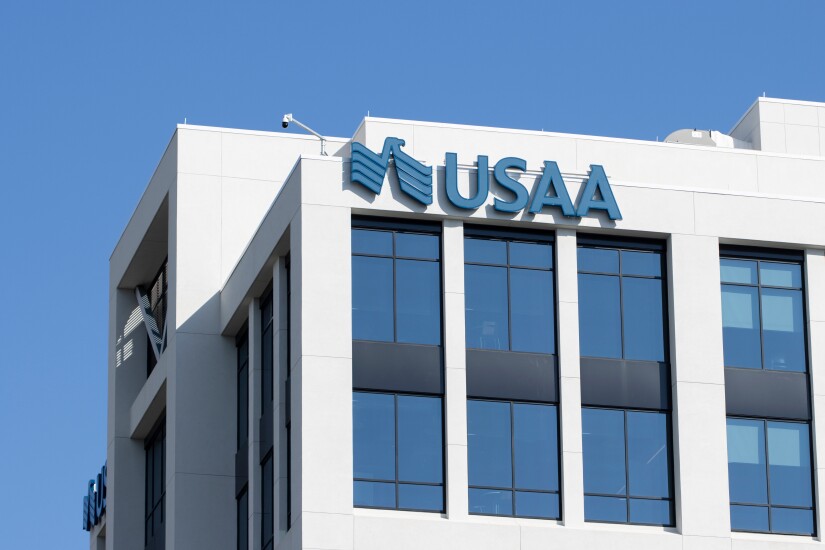It's been an eventful year in the banking industry so far, ranging from a $35.3 billion deal between Capital One and Discover to TD Bank Group's anti-money-laundering troubles and everywhere in between. But the year isn't over yet.
Last month, TD was hit
To comply with the new limitations, TD executives have planned strategic cuts and withdrawals from specific lines of business. Fixing the issues in its AML provisions, however, come first.
"With the asset cap, we want to be much more deliberate," Leo Salom, CEO of TD's U.S. subsidiary, told analysts in October. "Getting this remediation done and getting it done completely and comprehensively is my first priority. ... Nothing else matters if we can't do that."
TD is the second bank in history to receive an asset cap, the first being
Read more:
USAA is another organization that has faced legal troubles this year.
The San Antonio-based bank agreed to
Roughly 210,000 consumers who had interest rate protections are eligible to receive disbursement under the settlement, in which the bank denies any wrongdoing.
"USAA strongly disagrees with the lawsuit allegations, but this settlement is in the best interest of our membership and allows USAA to avoid lengthy and expensive litigation so we can focus on providing exceptional service," the bank said.
This marks the latest episode in the saga of the bank's interest rate struggles with regulators, which include a
Read more:
Catch up on our recent coverage of these and the other issues that banks are watching in 2024.













